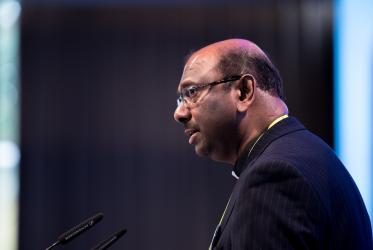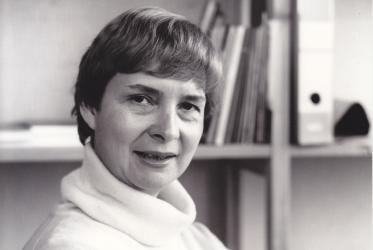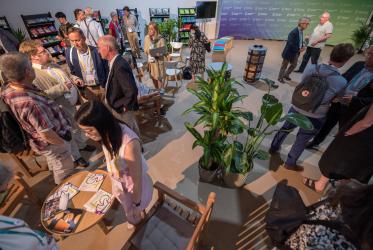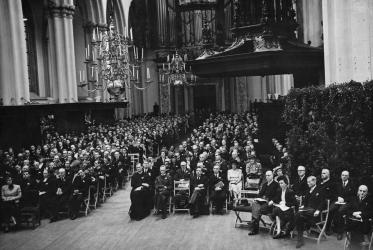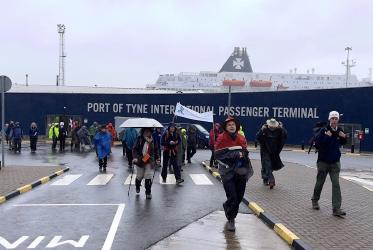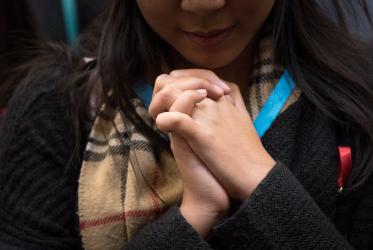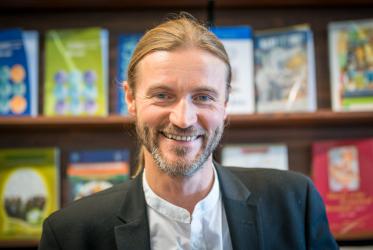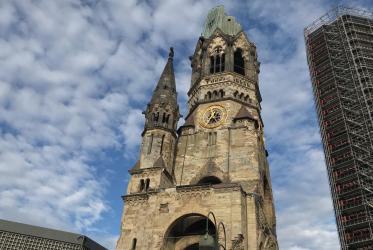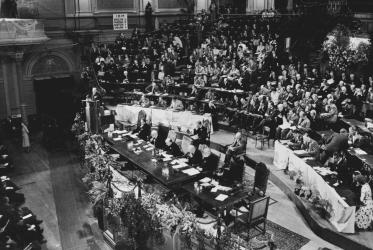Displaying 1 - 20 of 79
At assembly and beyond, WCC publications inspire and move
14 September 2022
WCC condemns recent extremist attacks around the world
03 November 2020
WCC remembers lost colleagues
24 May 2019
Le COE fait mémoire de ses collègues disparus
24 May 2019
WCC mourns lost staff member in Ethiopian Airlines crash
11 March 2019
Thursdays in Black: sharing support, transforming lives
21 February 2019
Les Jeudis en noir: partager le soutien, transformer les vies
21 February 2019
Christian communicators work to counter hate speech against refugees
10 December 2018
